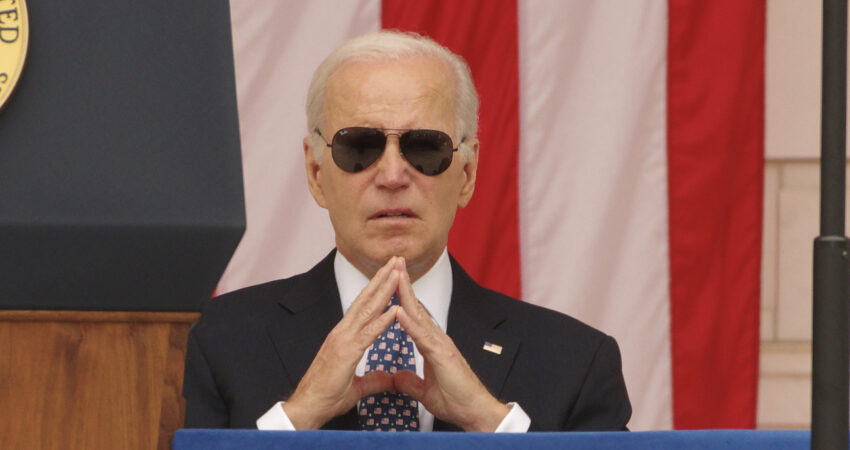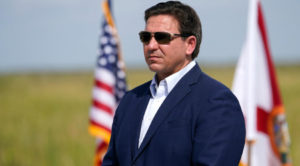President Joe Biden faces significant challenges on three critical issues, according to a recent Harvard/Harris poll, offering a conservative perspective. The poll, which surveyed a range of topics, found that 32 percent of voters consider inflation their top concern. This is a significant issue for conservatives, as many believe that the administration’s policies, including large-scale government spending, have contributed to rising prices.
Immigration ranked second at 27 percent, reflecting ongoing concerns about border security and the handling of the southern border. Conservatives often criticize the administration’s approach to immigration, viewing it as insufficiently strict.
The economy and jobs came in third at 24 percent, and while President Biden received a 49 percent approval rating in this category, conservatives argue that there is still much work to be done to stimulate economic growth and job creation.
While the poll showed some positive signs, such as the 40 percent approval rating for handling inflation, President Biden’s overall approval rating remains underwater, with 53 percent of voters disapproving and only 44 percent approving. A substantial portion of those who disapprove feel strongly about their disapproval, emphasizing the challenges the administration faces in winning over a significant portion of the electorate.
The poll’s results are consistent with conservative views that the administration’s economic, immigration, and inflation policies are areas where they believe there are shortcomings. Additionally, concerns about President Biden’s age and health have also been raised, with some conservative critics highlighting his age and physical condition. However, it’s important to note that some Republicans argue that focusing on these aspects may not be the most effective strategy for defeating him in the 2024 elections. Instead, they suggest concentrating on policy differences, particularly in the areas highlighted by the poll.





